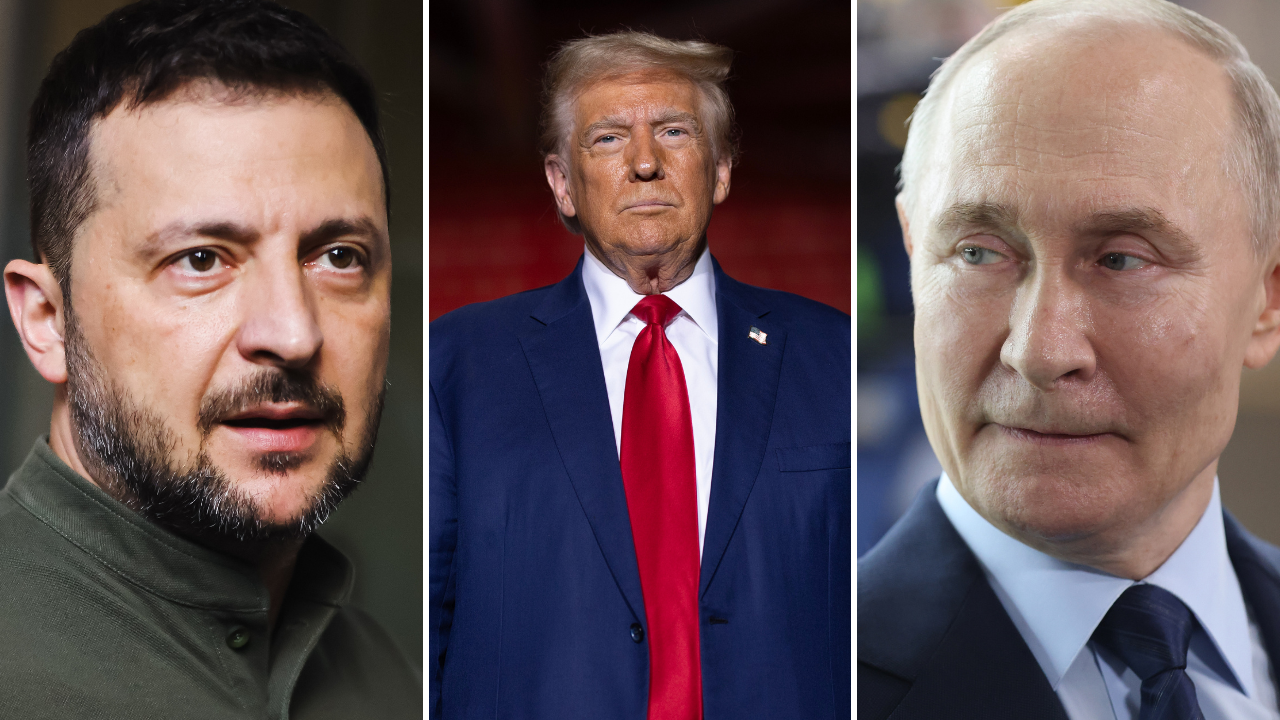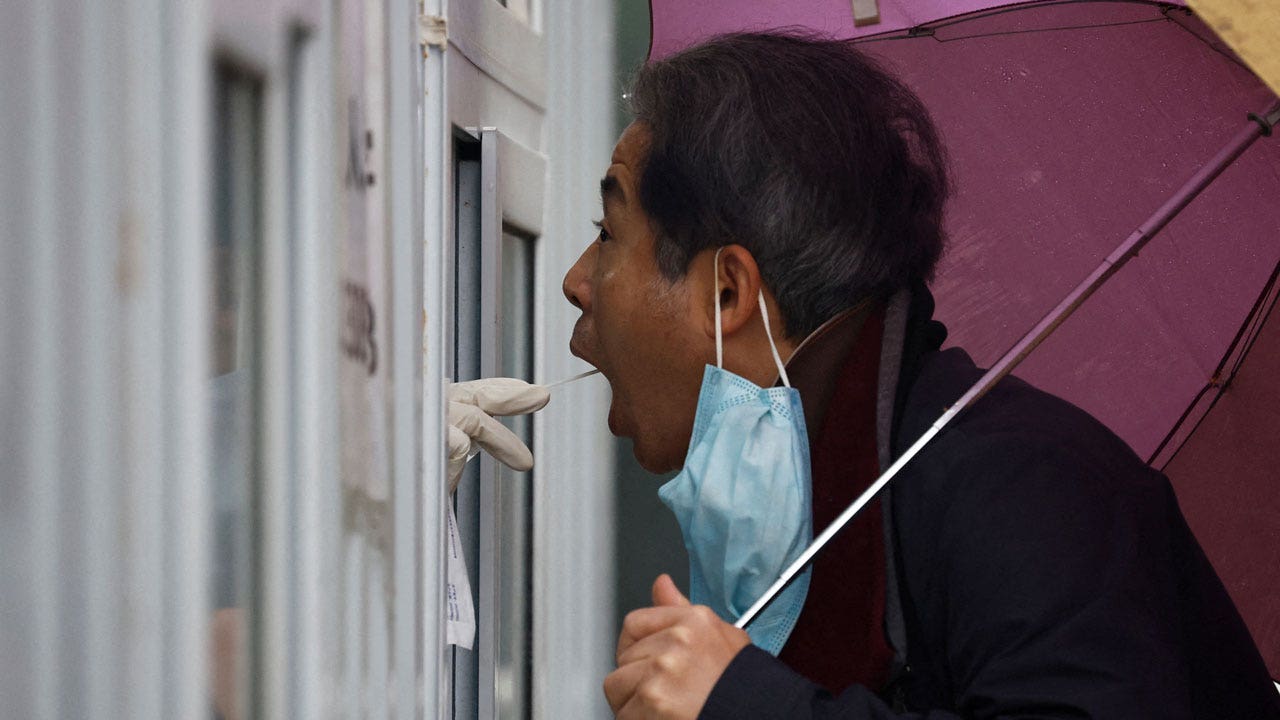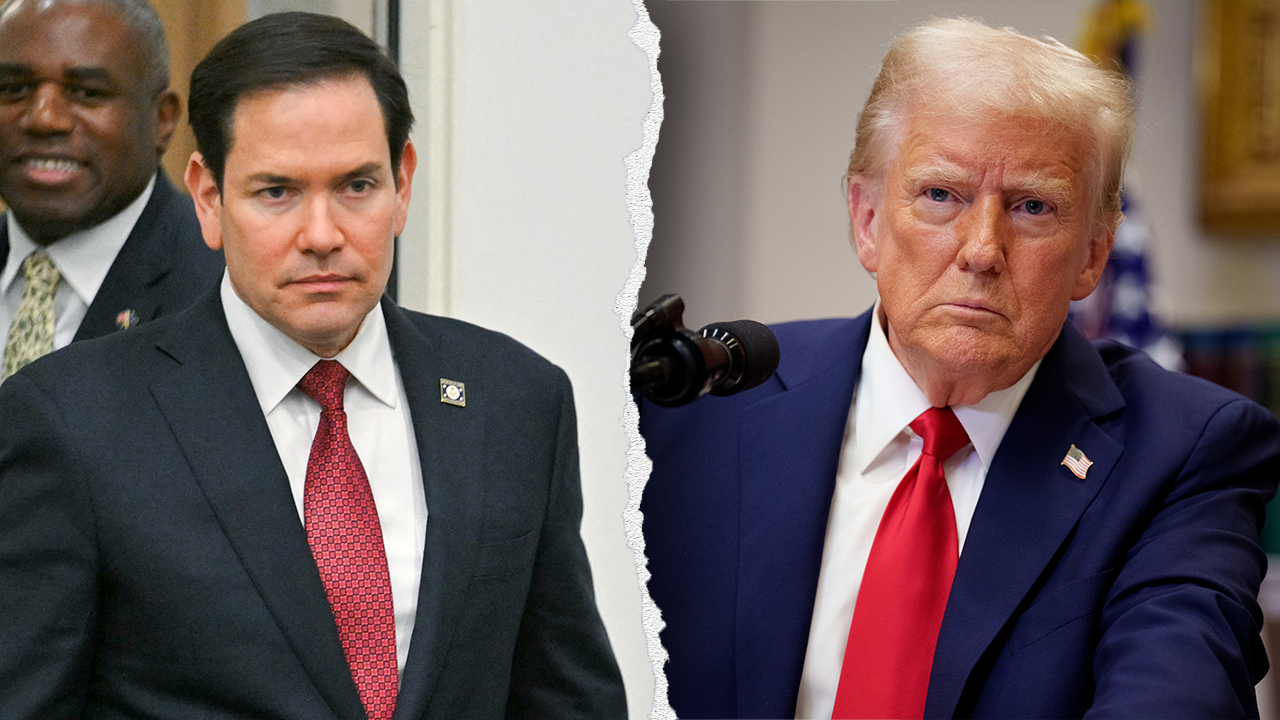World
Berlusconi’s death leaves fate of his personal party, and Italy’s government, in the balance

MILAN (AP) — Silvio Berlusconi’s outsized hold on Italian political life over three decades had greatly diminished in recent years, yet the political party that remains fused with his image even in death is critical to the health of Prime Minister Giorgia Meloni’s right-wing government.
Whether and how Berlusconi’s Forza Italia party survives is quietly being discussed on the inside pages of newspapers and back corridors of parliament, while Italy prepares for a national day of mourning and a state funeral on Wednesday, to be celebrated in Milan’s stately Gothic-era Duomo cathedral.
Berlusconi’s deputy, Italian Foreign Minister Antonio Tajani, declared on Monday: “We have the duty, as Forza Italia, to move forward, and we will.”
Despite the reassuring words, Forza Italia’s fate is far from secure. Berlusconi’s personal hold on the party makes it vulnerable in his death, experts say, even as it is key to holding up Meloni’s 8-month-old coalition government.
“If the party stands, then the government is OK. But if the party starts to disintegrate you have to see where these people go,” said Roberto D’Alimonte, a political scientist who writes for Il Sole 24 Ore. “Meloni needs these votes in the Senate and in the house. Meloni cannot do without that 8%.”
Berlusconi founded Forza Italia in 1994, entering politics as a major corruption scandal created a power vacuum. He briefly renamed it People of Liberty, before returning to the original name after the defection of a one-time political successor.
Forza Italia was the largest vote-winner in its maiden 1994 election, with 21% of the vote, securing Berlusconi’s first term as prime minister. He headed his second government after winning 29.4% of the vote in 2001. People of Liberty, which incorporated another political movement, peaked at 37.4% of the vote, returning him to power in 2008.
He led his final government until 2011, when Italy’s spiraling debt crisis forced his resignation, and succession by a government run by technocrats.
By last year’s elections that brought Meloni to power, the Forza Italia movement had shrunk to 8% of the vote, weakened by Berlusconi’s six-year forced absence from politics due to a 2012 tax fraud conviction, the only one that stuck in dozens of trials, and the rise Meloni’s Brothers of Italy on the far-right.
The party’s strength was always its mirror image with Berlusconi, whose power and empathy have been remembered even by his critics and opponents. Berlusconi attracted fierce loyalty among a close cadre of political and business collaborators, but also among rank-and-file supporters, many who have hung mementos and placards with words of affection in a hedge at his villa near Milan, where friends and family viewed his body on Tuesday.
But he never quite trusted anyone enough to name a political heir, despite a couple of half-hearted feints, creating room for leadership challenges and further splintering after is death.
“It is not very much a personal party. It is exclusively a personal party,” said Giovanni Orsina, a political scientist at Rome’s LUISS University who wrote a Berlusconi biography.
Berlusconi never loved sharing the spotlight, and his discomfort with the role switch, with Meloni as premier and him as a junior partner, was evident. Photographers in parliament last fall caught him jotting down unflattering adjectives next to her name: “presumptuous, bossy, arrogant, offensive.”
Even in death, his withering opinion has been cast over the surviving political class. Michele Santoro, a TV presenter and long-time critic of Berlusconi, told La7 private TV Monday that the ex-premier had recently complained in a long phone call about the “inadequacy of the Italian politicians on the right and the left with an incredible lucidity.”
Tajani, Berlusconi’s long-time confidant, appears best positioned to take over, strengthened by his ties to the center-right European People’s Party, with the next year’s European Parliamentary elections the next major political test. But he could be challenged if the party drops significantly in the polls in the coming months.
“If I were them, I would sit around a table to try to hammer out a deal. It is in their interest to stay together as much as possible,” Orsina said.
Still, few expect the government to face any immediate threats, even if the party does splinter. Most Forza Italia votes would stay on the right, with Meloni’s Brothers of Italy party or Salvini’s League, with a minor percentage defecting to former Premier Matteo Renzi, who now heads a small centrist party.
“Whatever happens to Forza Italia, I don’t think there is any danger to the government, which is way too strong,” Orsina said. “Whatever happens to Forza Italia, these people have nowhere else to go.”
There remains a hypothesis that Berlusconi’s eldest daughter, Marina Berlusconi, would step in to guide the party, at least behind the scenes, to overcome divisions.
“I don’t see the party able to stay together with the bunch of people who are supposedly running it today,” said D’Alimonte. “In my opinion, Marina Berlusconi wants to keep the party aligned with Meloni. I think she will continue to play a significant part behind the scenes to keep the party together.”
D’Alimonte said she would be motivated both by loyalty to her father, but also “for corporate interests,” to protect the Mediaset empire that made her father a billionaire.
“One of the most important reasons that the party was founded was to protect the company on the political front,” D’Alimonte said. “It is an insurance policy. The party has always been an insurance policy, and she understands that very well.”

World
Power outage disrupts final day of Cannes Film Festival, police investigate possible arson
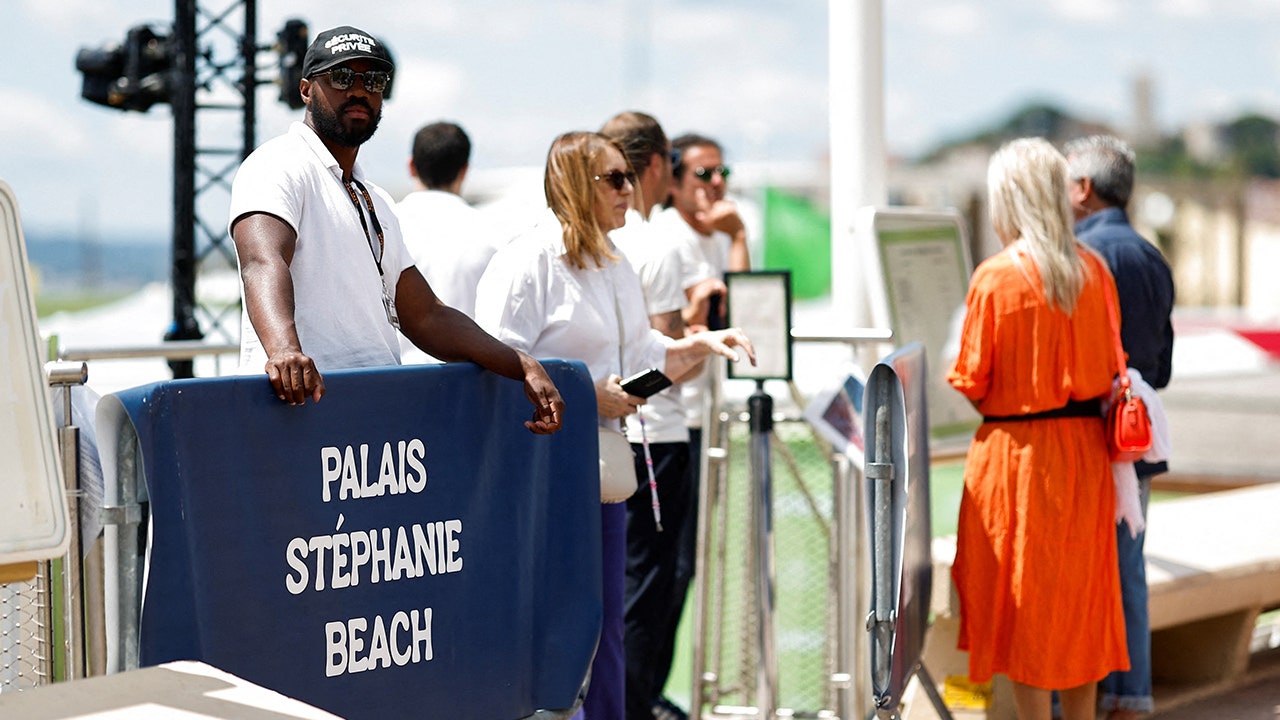
A major power outage struck southeastern France on Saturday morning, threatening to jeopardize the Cannes Film Festival’s closing celebrations, including the much-anticipated Palme d’Or ceremony.
Police said they have opened an investigation into possible arson.
Power was restored hours before the ceremony, around 3 p.m. local time, as music began blasting again from beachfront speakers. The end of the blackout was greeted with loud cheers from locals.
CAUSE OF MASSIVE EUROPEAN POWER OUTAGE UNCLEAR AS FULL SERVICE RETURNS
Staff members of the Palais Stephanie Beach inform customers following a major electricity outage, during the 78th Cannes Film Festival in Cannes, France May 24, 2025. (REUTERS/Benoit Tessier)
Earlier, about 160,000 households in the Alpes-Maritimes department lost electricity after a high-voltage line fell Saturday morning, electricity network operator RTE said on X. The outage came hours after a fire at an electrical substation near Cannes overnight had already weakened the grid.
“We are looking into the likelihood of a fire being started deliberately,” said a police spokesperson for the French national gendarmerie.
In a statement, Laurent Hottiaux, the prefect of the Alpes-Maritimes department, condemned “serious acts of damage to electrical infrastructure[s].”
PUERTO RICO HIT WITH MASSIVE ISLAND-WIDE BLACKOUT AHEAD OF EASTER WEEKEND
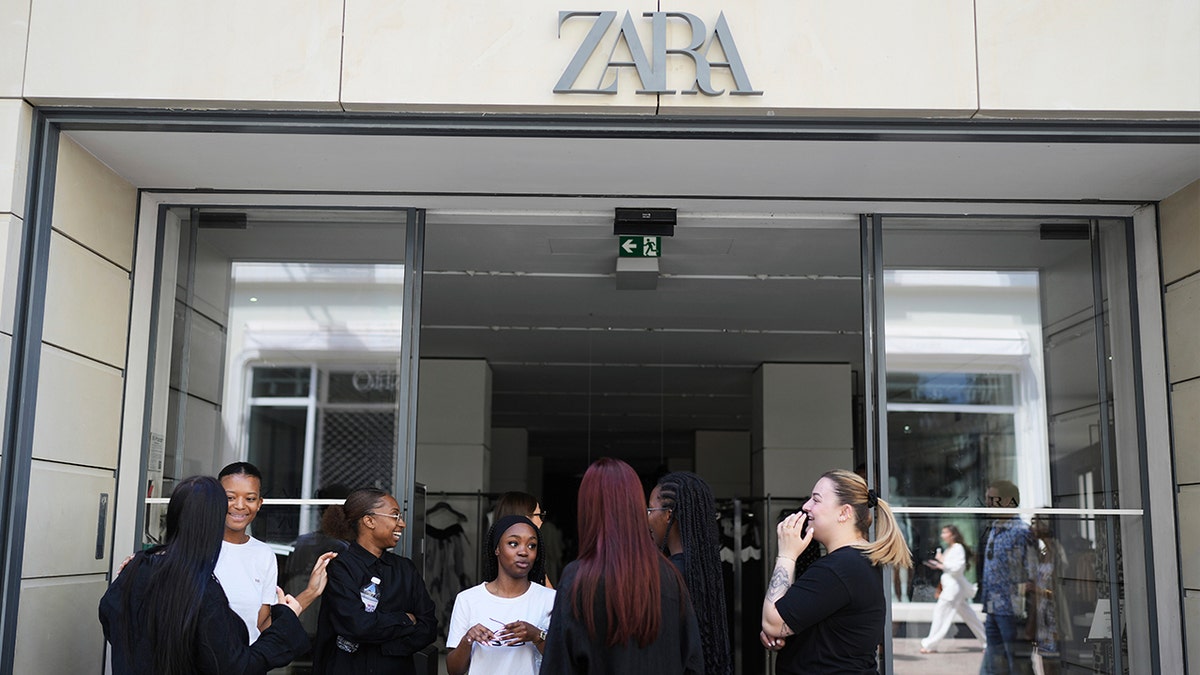
Employees stand outside a shop during an electricity outage in Cannes, southern France, Saturday, May 24, 2025. (AP Photo/Natacha Pisarenko)
“All resources are mobilized to identify, track down, arrest and bring to justice the perpetrators of these acts,” said Hottiaux.
Cannes Film Festival organizers confirmed the outage affected the early activities of Saturday and said the Palais des Festivals — the Croisette’s main venue — had switched to an independent power supply.
“All scheduled events and screenings, including the Closing Ceremony, will proceed as planned and under normal conditions,” the statement said. “At this stage, the cause of the outage has not yet been identified. Restoration efforts are underway.”
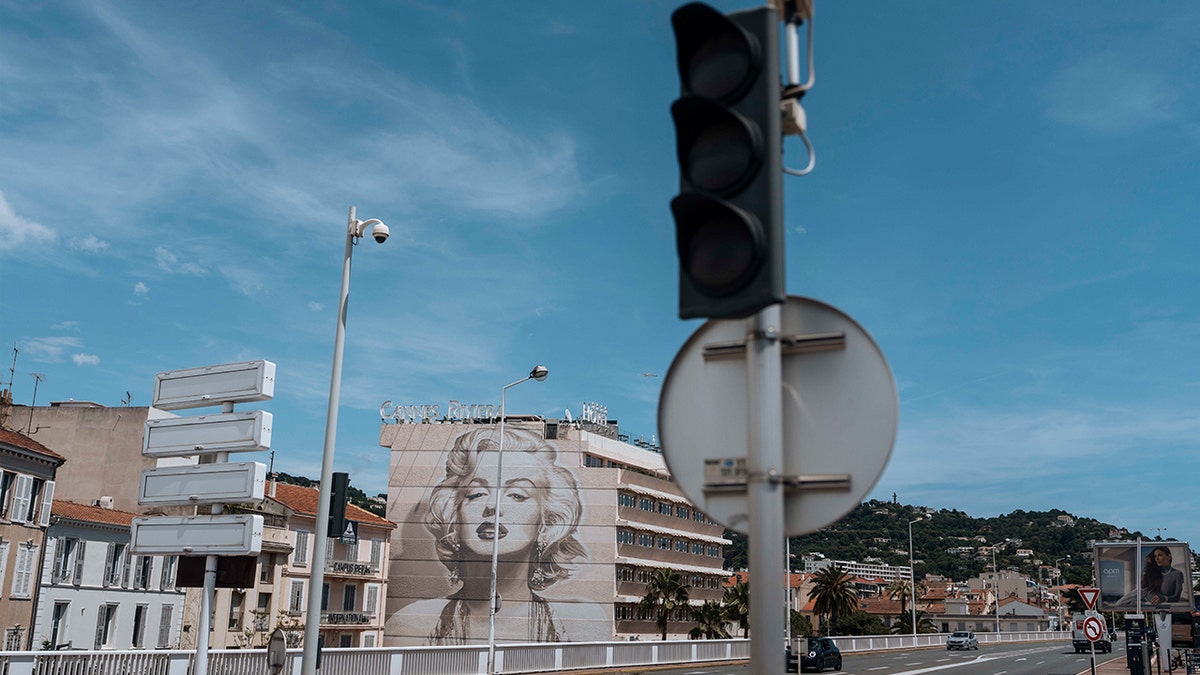
Traffic lights are switched off during an electricity outage in Cannes, southern France, Saturday, May 24, 2025. (AP Photo/Lewis Joly) (AP Photo/Lewis Joly)
Traffic lights in parts of Cannes and the surrounding city of Antibes stopped working after 10 a.m., leading to traffic jams and confusion in city centers. Most shops along the Croisette remained closed, and local food kiosks were only accepting cash. Train service in Cannes was also disrupted.
Screenings at the Cineum, one of the festival’s satellite venues, were briefly suspended, the festival added.
The Palme d’Or — the festival’s most prestigious prize — was set to be awarded Saturday night, with top contenders including Joachim Trier’s family drama “Sentimental Value,” Jafar Panahi’s revenge thriller “It Was Just an Accident,” Kleber Mendonça Filho’s political thriller “The Secret Agent,” and Óliver Laxe’s desert road trip “Sirât.”
World
Australia begins cleanup after floods kill 5, strand thousands

Hundreds of residents remain in evacuation centres, with 52 rescues made overnight despite conditions easing.
Prime Minister Anthony Albanese has announced the start of a cleanup operation in eastern Australia after record-breaking floods killed five people and stranded tens of thousands of people.
Damage assessments are under way for the coastal region of New South Wales in the east, where at least 10,000 properties are thought to have been damaged, the state’s emergency services agency said on Saturday.
Conditions have eased since Friday after days of relentless rain isolated towns, swept away livestock and destroyed homes, the agency added.
“We’re continuing to work closely across federal, state and local governments to make sure Australians get the support they need now and through recovery,” Albanese posted on X.
Despite improving conditions, hundreds of residents remain in evacuation centres with 52 rescues made overnight, State Emergency Services commissioner Mike Wassing said.
The death toll from flooding rose to five after a man in his 80s was found at a flooded property about 50km (32 miles) from Taree, one of the worst-hit towns, police said.
It’s “awful to hear the news of more loss of life”, Albanese said after being forced to cancel his trip to Taree on Friday due to floodwaters.
At their worst, the flooding isolated about 50,000 people and submerged roads in the country’s most populous state.
Coastal areas were left littered with debris and dead animals after a powerful storm system dumped months’ worth of rain in three days.
Train services, including airport services, were affected by flooded tracks. Sydney airport shut two of its three runways for an hour on Friday morning, delaying flights.
Australia has suffered a series of extreme weather events in recent years, which experts have attributed to climate change.
Frequent flooding has caused widespread devastation in the country since early 2021, following droughts and bushfires at the end of the last decade.
World
Cade Cunningham Gains $45 Million From All-NBA Honors

The Detroit Pistons won a playoff game this season for the first time since 2008, back when Antonio McDyess led the team in scoring against Kevin Garnett’s Boston Celtics. While the Pistons posted their best attendance numbers in 16 years amid a dramatic business turnaround, the franchise isn’t the only party to benefit financially.
Point guard Cade Cunningham was rewarded with a 2025 All-NBA Third-Team honor Friday, which comes with a $45 million pay raise.
The No. 1 overall pick in the 2021 NBA Draft signed a rookie contract extension last summer that was due to be worth at least 25% of the salary cap (five years, $224 million), with the potential to increase to 30% of the cap (five years, $269 million) if he made an All-NBA team this year.
This type of deal structure dates to the 2011 collective bargaining agreement (CBA), and specifically the “Derrick Rose Rule” (officially named the “5th year, 30% max criteria”). The clause allows a player to re-sign with his current team to earn a salary greater than the typical maximum starting in his fifth season if at least one among a list of criteria is met. One of those criteria is being named to an All-NBA team in the most recent season.
Another way to ink that bonus is to win Defensive Player of the Year (DPOY), which was done by Cleveland Cavaliers forward Evan Mobley, who was selected two picks after Cunningham in 2021. Mobley was also named to an All-NBA team, but he had already locked up his money by winning DPOY.
Bonuses like these are always good for players, but not necessarily so for teams. Cleveland, which is already due to pay the luxury tax next season, might be forced to lose a role player such as Sam Merrill or Ty Jerome after allocating additional millions of dollars to Mobley. Detroit, on the other hand, with at least $10 million in cap space according to Spotrac, is probably happy to pay its franchise player what he’s worth.
Cunningham averaged career highs across the board, with 26.1 points per game (ninth in NBA), 9.1 assists per game (fourth in NBA) and 6.1 rebounds per game. He was also a finalist for Most Improved Player award, which does not carry any financial weight.
Perhaps more impressive than Cunningham’s individual numbers was his impact on the team. The Pistons went 44-38 in the regular season, an improvement of 29 wins over last season and the sixth-largest single-season increase ever. The five teams with bigger turnarounds did so by adding the following players by trade, free agency, or the draft: Garnett, Tim Duncan, David Robinson, Steve Nash and Larry Bird. The 2025 Pistons, on the other hand, added Tobias Harris and Malik Beasley—two well-traveled veterans who have never made an All-Star or All-NBA squad.
Cunningham earned his bag, but some players with money on the line did not. The Memphis Grizzlies’ Jaren Jackson Jr., for instance, did not make an All-NBA team this season, which would have made him eligible for a five-year “supermax” extension worth roughly $345 million. Typically, players cannot sign deals worth more than 30% of the cap until the start of their 10th season, but All-NBA status allows players to secure a salary worth 35% of the cap before their eighth or ninth season.
Jackson Jr.’s snub also puts the Grizzlies in a pickle. They can now only offer him a typical “veteran extension” instead of a max contract this summer, meaning their All-Star big man may choose to become an unrestricted free agent in 2026 and try to get a bigger paycheck at that point.
ESPN reporter Brian Windhorst, along with many other voters, has been transparent about the fact that, in the case of a tie, he’ll vote for a player who’s eligible for a raise. “Evan Mobley and Jaren Jackson are both guys who, if they make All-NBA, they get the bonus,” Windhorst said on The Bill Simmons Podcast in April. “I have a rule that if you’re close [and there’s money at stake], I put you on. I did this with Jaylen Brown two years ago.”
The initial idea behind the system in place was to reward the league’s extraordinary young players with higher wages. The problematic effect is that the votes of 100 potentially biased members of the media can cause significant salary changes for a few players every season.
Ultimately, though, the players agreed to this status quo when they signed the CBA, and a better alternative isn’t clear.
“The players don’t trust the owners. The owners don’t trust the players. The players can’t be trusted to pick the other players. The fans can’t be trusted at all,” Windhorst said. “So is the media perfect? Hell no. But we’re the best of the options.”
(This story has been updated in the sixth paragraph to correct Detroit’s available salary cap space number.)
-

 Education1 week ago
Education1 week agoVideo: Opinion | We Study Fascism, and We’re Leaving the U.S.
-

 Technology1 week ago
Technology1 week agoLove, Death, and Robots keeps a good thing going in volume 4
-

 News1 week ago
News1 week agoAs Harvard Battles Trump, Its President Will Take a 25% Pay Cut
-

 Culture1 week ago
Culture1 week agoBook Review: ‘Hunger Like a Thirst,’ by Besha Rodell
-

 Technology1 week ago
Technology1 week agoMeta asks judge to throw out antitrust case mid-trial
-

 Politics1 week ago
Politics1 week agoRepublicans say they're 'out of the loop' on Trump's $400M Qatari plane deal
-

 World1 week ago
World1 week agoCommissioner Hansen presents plan to cut farming bureaucracy in EU
-
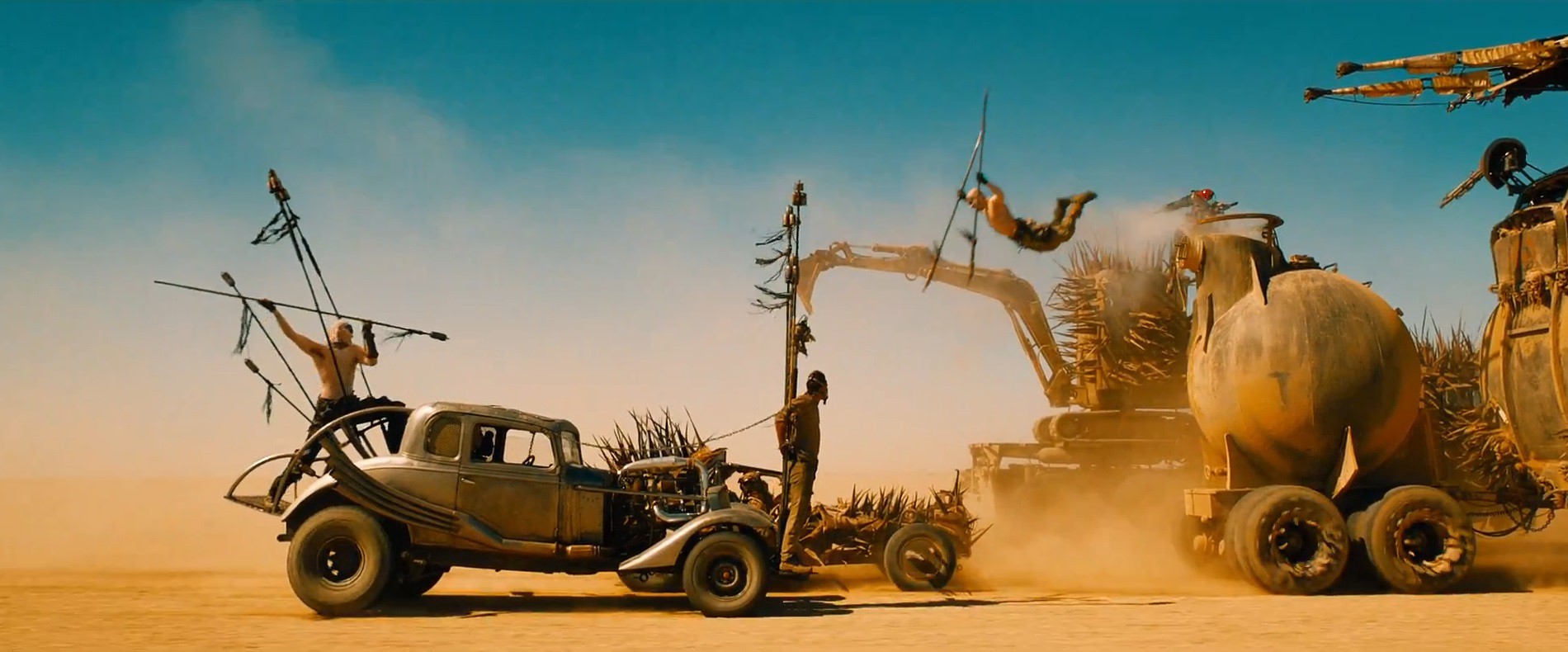
 Movie Reviews1 week ago
Movie Reviews1 week agoClassic Film Review: ‘Mad Max: Fury Road’ is a Lesson in Redemption | InSession Film





